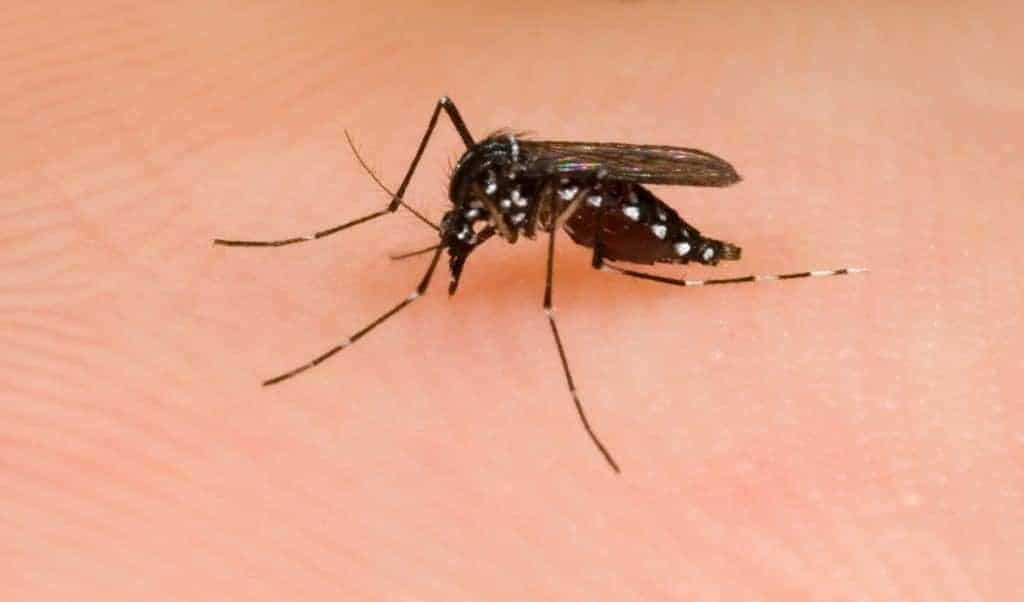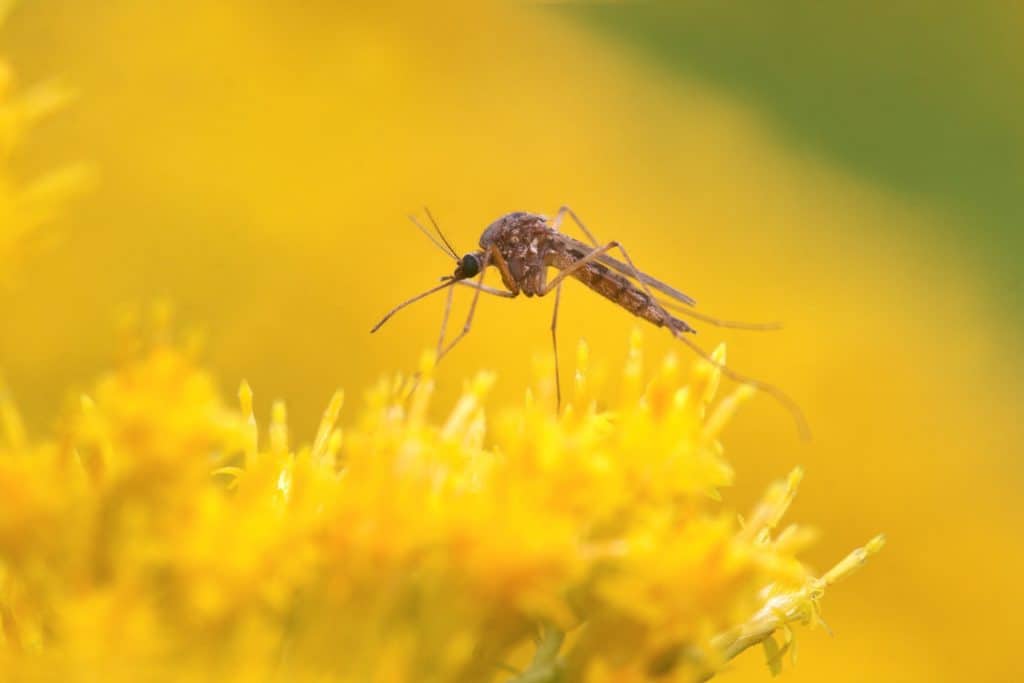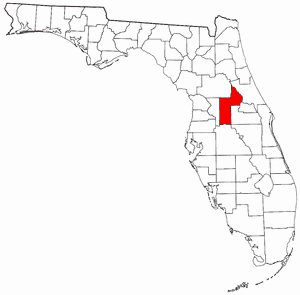

The horse’s vaccinations were not current.

All were either unvaccinated or undervaccinated.

The case marks the state’s 14th Eastern equine encephalomyelitis case for 2020.

The 6-year-old mare was humanely euthanized.

TAHC officials are working with the local veterinarian and the horse’s owner to mitigate the disease’s spread.

The case marks the state’s first case for 2020.

The Livingston County horse had been vaccinated in March of this year.

This marks the state’s 14th positive equine WNV case for 2020.

The horse resided at a private Canyon County facility.

The state has now logged 20 equine cases, including Lincoln and Sheboygan counties’ first.

The affected horse is from Carter County.

The horse, whose vaccination history is unknown, was euthanized.

The affected horses include a 20-year-old Arabian mare in Oakland County and an 11-year-old pony mare in Tuscola County.

The case marks the state’s 10th equine case for the year.

The state’s current death rate for horses with WNV is 23%.

If your horse survives one of these five infections, he might still suffer lasting effects. Learn which diseases most commonly cause post-infection illnesses and how they can impact a horse’s long-term health, use, and quality of life.
Stay on top of the most recent Horse Health news with
Notifications